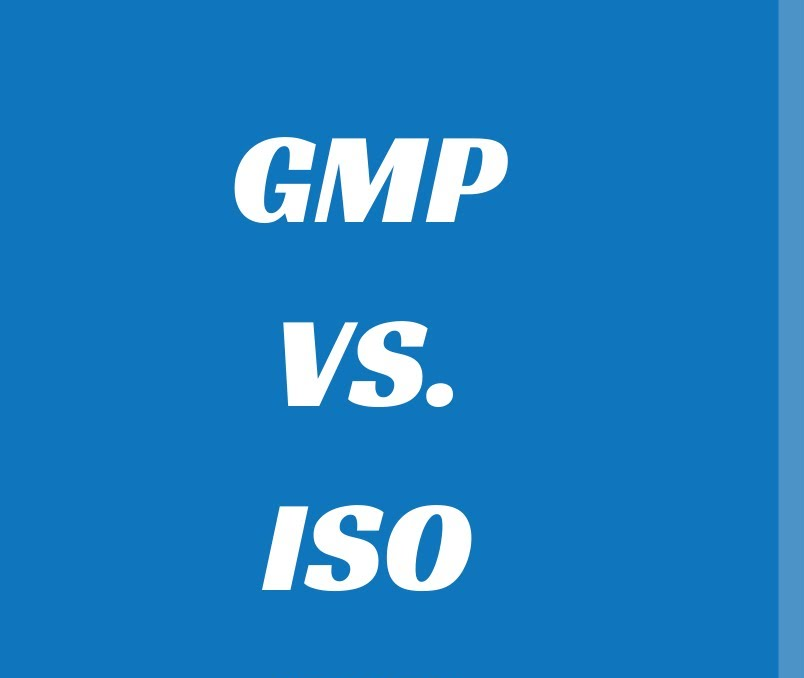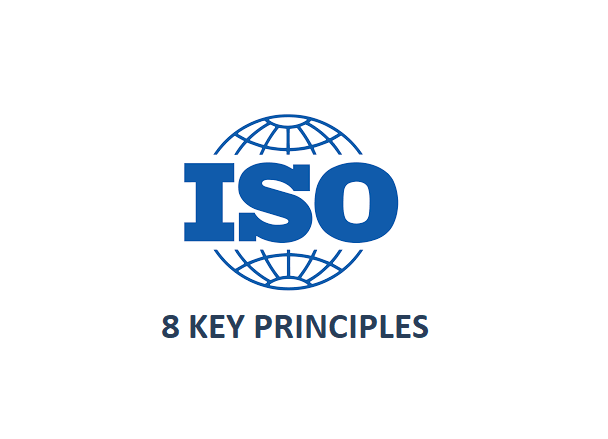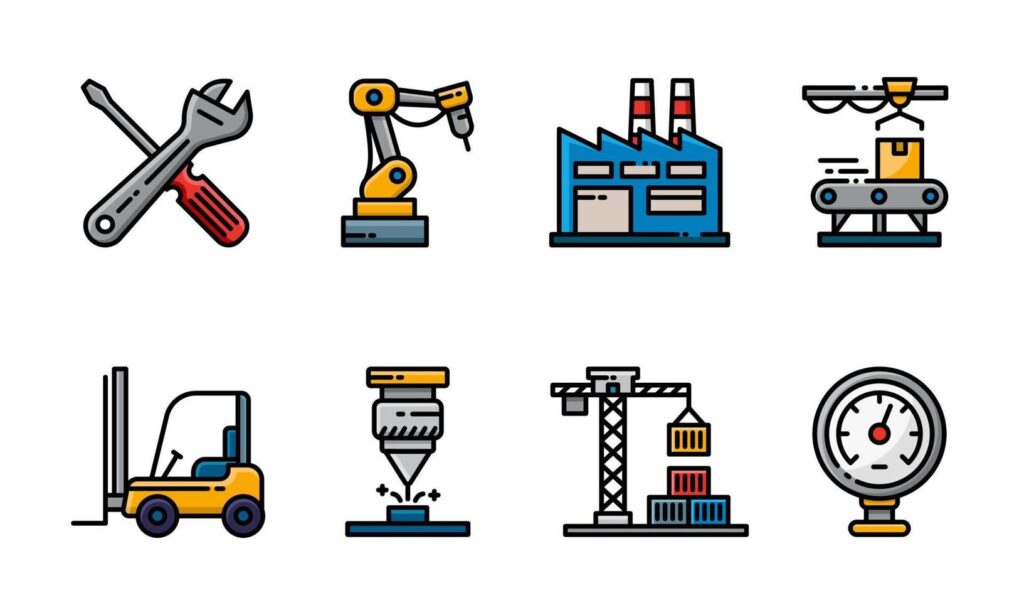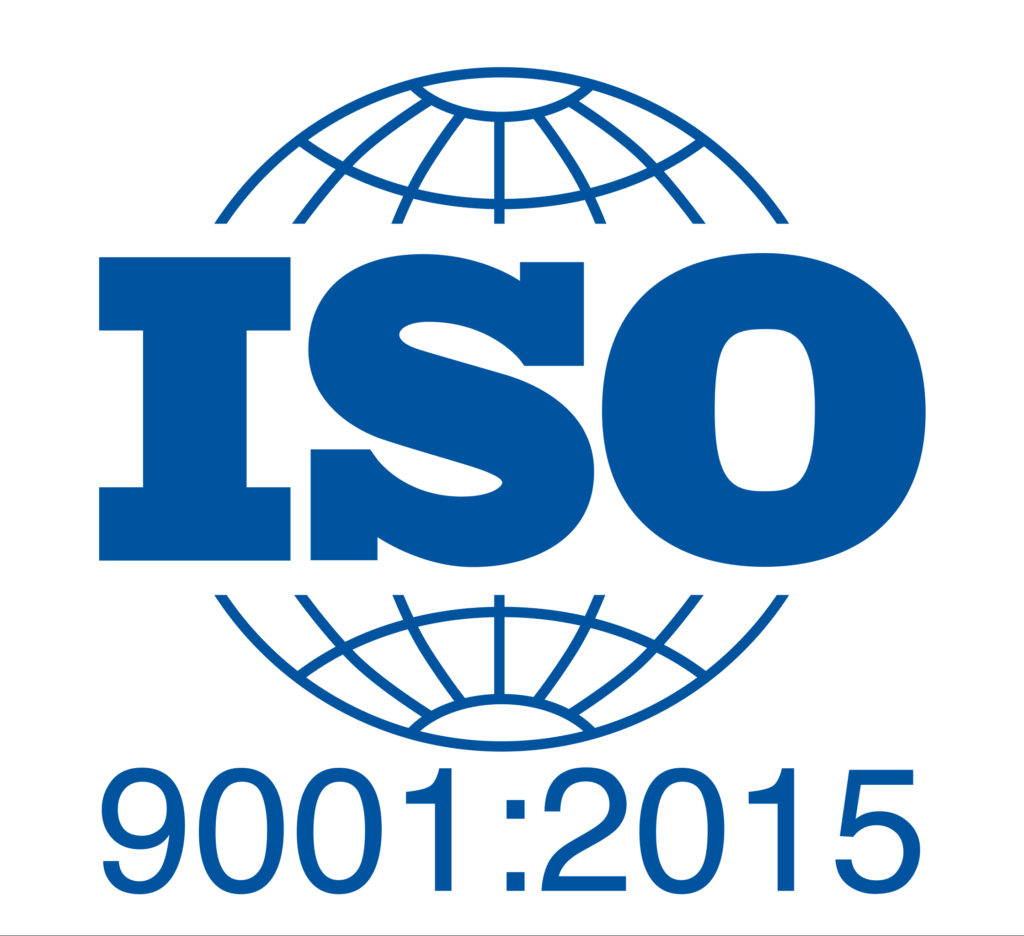Part-3: Why is ISO Certification important in the Agriculture Industry?

ISO standards represent agreements among businesses and industrial entities aimed at ensuring quality and safety. Consequently, we will explore the steps to obtain ISO Certification for Agriculture. The procedure for acquiring ISO certification consists of multiple phases. This blog is a detailed guide for agriculture-based companies and organizations to obtain ISO certification for their growth.
Part 2: How can Schools in India obtain ISO Certification?

ISO certifications benefit nearly all organizations, irrespective of their size, type, or processes involved. The ISO Standard for education ensures that every educational organization or management system meets the necessary requirements for standardization, quality assurance, and consistency. This blog will cover the different standards or ISO certifications required for the Education sector.
Part-2: Why is ISO Certification important in the Agriculture Industry?

ISO standards pertaining to agriculture encompass every facet of farming, including irrigation, global positioning systems (GPS), agricultural machinery, animal welfare, and sustainable farm management. This post will cover a few important ISO standards that are especially relevant to the agricultural industry.
Part-1: Why is ISO Certification important in the Agriculture Industry? Part-1

ISO Certification for the Agriculture Industry offers significant advantages. In fact, lacking ISO Certification for agricultural or food enterprises can lead to considerable harm. We, therefore, will explore the Agriculture Industry, the concept of ISO Certification, and the various ways in which we can all gain from it.
Part 1: How can Schools in India obtain ISO Certification? – Part 1

Currently, numerous Primary and Secondary Schools are unaware of what ISO is and the process for obtaining certification. To achieve this, they simply need to take the necessary initial step, which will enable them to secure ISO certification. This blog aims to inform readers about the procedure through which an educational institution can acquire ISO Certification in India.
What are the differences between ISO Certification and GMP (Good Manufacturing Practices)?

Although ISO Certification and GMP standards guide quality processes, their scope and implementation possess significant differences that influence the operational practices of diverse companies. Here, we will see the basic differences between ISO Certification and GMP standards in India.
What is the duration of ISO 9001 certification?

If you have ever asked yourself, ‘how long does ISO 9001 certification last?’ or ‘how long is an ISO 9001 certificate valid for?’ you are in the right place. Let us explore the duration of ISO 9001 certification.
ISO Myths – Are they hindering your business progress?

Yes, common myths about ISO standards and certification can hinder business progress by causing organizations to miss out on valuable benefits and opportunities. These misconceptions can lead to misunderstandings about the scope, purpose, and value of ISO certifications, preventing businesses from realizing their full potential in operational excellence and continuous improvement. Here are some common myths about ISO and why they are misleading.
Why is ISO 9001 Certification beneficial for IT companies?

ISO certification holds significant importance for businesses in various sectors, but it is especially crucial for IT firms. Given that IT companies handle sensitive information, implementing robust security measures is essential. Clients are more likely to engage with an ISO-certified IT company, as it assures them of the organization’s commitment to safeguarding their data while delivering high-quality services.
Consequently, obtaining ISO certification serves as an effective means for IT companies to demonstrate their trustworthiness and reliability. It also provides a competitive edge and paves the way for new business opportunities. Furthermore, achieving ISO certification offers numerous advantages to these companies.
Five advantages of ISO Certification in the Global healthcare sector

Organizations worldwide are undergoing massive transformations, and the healthcare sector is no exception. Ranging from medical device manufacturers to government-backed healthcare providers, the global healthcare supply chain includes a wide array of enterprises, all united by a shared goal: improving patient safety. As a result, healthcare organizations are increasingly implementing ISO standards to boost efficiency, maintain consistency, and focus on patient-centered care.
Six Steps to Prepare Your Organization for ISO 9001 Certification

ISO 9001 certification is recognized and significant worldwide. By adopting quality management practices, organizations can ensure that their customers receive products and services that are reliable and consistent. While the criteria specified in ISO 9001 may seem straightforward to many managers, the rigorous documentation requirements demand meticulous attention to detail, thereby avoiding the omission of aspects that may initially appear trivial. The process of obtaining ISO 9001 certification consists of six essential steps that organizations are required to undertake which is covered in the post.
Tips for Overcoming ISO 9001 Certification Challenges

It is evident that introducing new changes to established and functioning operations often presents challenges and complications. Additionally, it is typical to anticipate a decline in results and to harbor skepticism regarding the outcomes. However, for long-term improvement, it is essential to view this as an opportunity for growth and to implement the necessary changes. This blog aims to present the tips for overcoming ISO 9001 certification challenges.
What are the Different ISO 9001 Revisions?

The ISO/TC 176/SC 2 technical committee is responsible for the ongoing evaluation and revision of ISO 9001. Its objective is to maintain the standard’s relevance and effectiveness in light of technological progress, changes in the global business environment, and evolving societal trends. Since its initial publication in 1987, the standard has experienced four revisions, with the most recent edition, ISO 9001:2015, released in 2015. This article discusses the various revisions of ISO 9001 as of the time of writing.
What are the 8 Key Principles of ISO 9001?

This post presents eight principles of quality management (QMPs). The ISO 9000, ISO 9001, and associated ISO quality management standards are founded upon these eight QMPs.
A Brief History of ISO 9001 Quality Management

The evolution of the ISO 9001 Standard has included several versions, such as ISO 9001, ISO 9002, and ISO 9003. In 2000, a pivotal decision was made to consolidate all ISO Standards into a unified system designed to oversee tasks and activities while integrating quality into the business framework from the top down, with customer satisfaction serving as the driving force for enhancements.
Is it essential to acknowledge the earlier Standards and their influence on the current framework? Our informative blog post will delve into this topic, tracing the development of ISO 9001 from its origins to the advanced quality management system that is now implemented in millions of businesses worldwide.
What is Quality? How Do You Define Quality?

The term “quality” encompasses a variety of interpretations depending on the individual. Although it is frequently employed, the associated concepts and terminology can often be unclear. When prompted to explain “quality,” one may encounter a diverse array of answers. How would you clearly express the idea of Quality?
10 Industries That Need ISO Certification – Part 2

Numerous organizations globally are striving to achieve ISO 9001 quality certification; yet, what drives this ambition? This article explores ten advantages of obtaining ISO 9001 certification and examines how these benefits can enhance your business operations. Building on our previous discussion, we present additional industries that necessitate ISO certification for safety and quality purposes.
10 Industries That Need ISO Certification – Part 1

In certain countries, the implementation of an ISO management system is not mandatory for all sectors. However, there are particular industries and situations in which ISO certification is either obligatory or highly recommended. The decision to seek ISO certification generally depends on regulations pertinent to the industry, the expectations of customers, and the organization’s commitment to providing high-quality products and/or services. The following outlines some sectors and circumstances where a Quality Management System (QMS) may be of considerable significance.
How to Get ISO 9001 Certified in 5 Steps?

While numerous organizations strive for a quick and uncomplicated certification process, long-term success and sustainability depend on the effective application of the ISO 9001 system. Tailoring the ISO framework to meet the unique needs of your organization is crucial. Our “simplified” approach ensures that ISO 9001 serves your interests, improving efficiency and optimizing your business processes.
Top Ten Benefits of any Company having ISO 9001 certification

ISO 9001 is esteemed as the leading standard for quality management, reflecting an organization’s dedication to upholding superior standards for its products and services. A multitude of organizations around the world are pursuing this certification; however, what motivates this pursuit? This article delves into ten benefits of obtaining ISO 9001 certification and analyzes how these advantages can improve your business operations.
